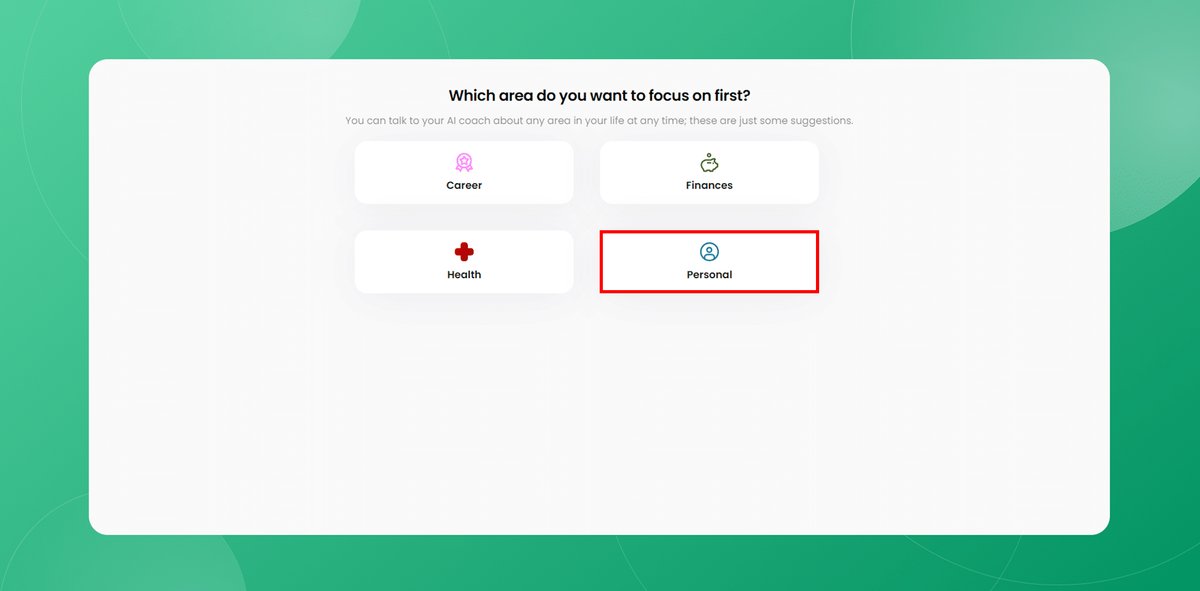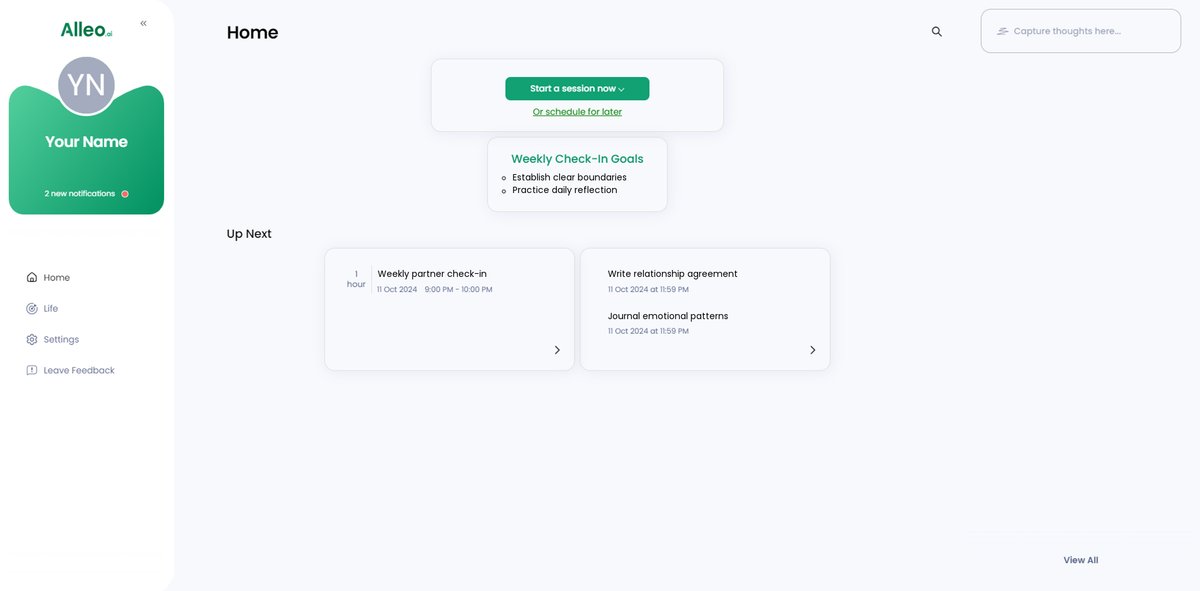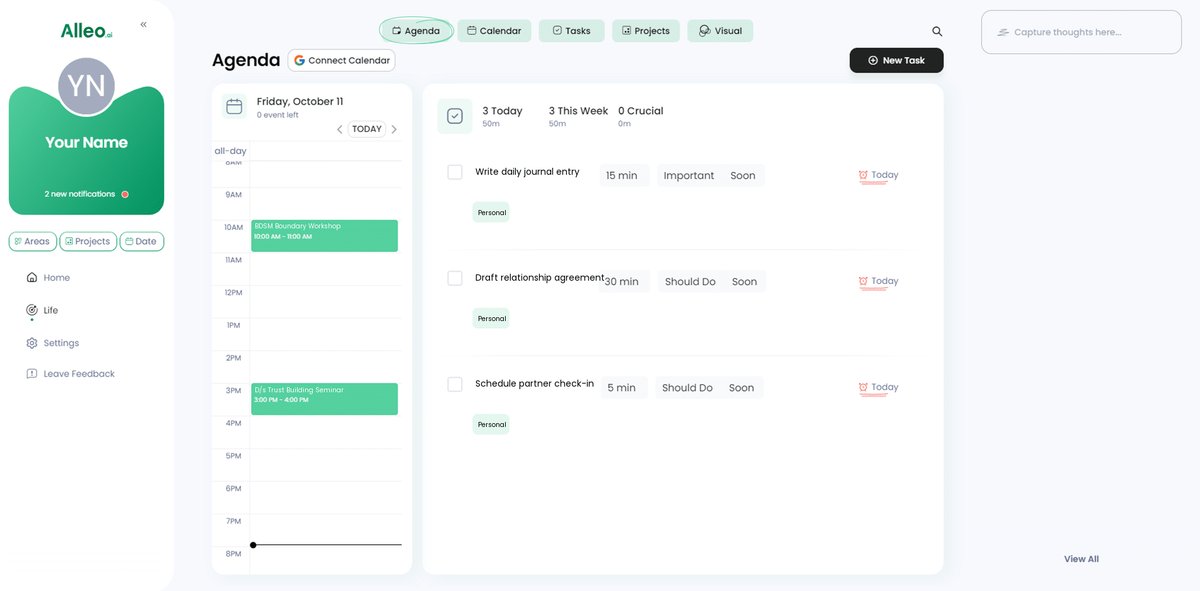How to Be a Trustworthy Dom While Overcoming Personal Insecurities: 3 Fundamental Principles
Are you struggling to maintain trust in your D/s relationship while grappling with past insecurities? Building trust as a Dom can be challenging, especially when overcoming self-doubt as a dominant partner.
As a life coach, I’ve guided many individuals through these exact challenges. I’ve seen firsthand how trust and effective leadership are crucial in these dynamics. Developing confidence in BDSM roles and enhancing communication skills for Doms are key aspects of building trust in BDSM relationships.
In this article, you’ll learn actionable strategies to establish boundaries, practice self-reflection, and communicate openly. We’ll explore consent and boundaries in D/s dynamics, as well as techniques for balancing power and vulnerability.
Let’s dive in and discover how building trust as a Dom can transform your BDSM experiences.

Understanding the Challenges of Trust and Insecurity
Navigating past trust issues and insecurities as a Dom can be daunting. Many clients initially struggle with setting clear boundaries because of fear of rejection or failure, which is crucial for building trust as a Dom.
This often leads to confusion and tension in their relationships, impacting communication skills for Doms.
Trust issues from past experiences can resurface, making it hard to lead effectively. In my experience, people often find that their insecurities impact their ability to communicate openly and maintain control without toxicity, highlighting the importance of emotional intelligence for dominants.
The pain of these challenges is real. It’s not just about the Dom’s struggle; it affects their partner too, emphasizing the need for creating safe spaces in BDSM scenes.
Addressing these problems is crucial for a healthy, thriving D/s relationship and for building trust in BDSM relationships overall.

Core Steps to Build Trust as a Dom
Overcoming this challenge requires a few key steps in building trust as a Dom. Here are the main areas to focus on to make progress in developing confidence in BDSM roles:
- Establish clear boundaries and expectations: Set mutual roles, limits, and expectations, emphasizing consent and boundaries in D/s dynamics.
- Practice self-reflection and emotional awareness: Reflect on your feelings and regulate emotions, improving emotional intelligence for dominants.
- Communicate openly about insecurities and needs: Discuss insecurities and needs honestly, enhancing communication skills for Doms and building trust in BDSM relationships.
Let’s dive in to explore these self-improvement techniques for Doms!
1: Establish clear boundaries and expectations
Setting clear boundaries and expectations is essential for building trust as a Dom and ensuring both partners feel secure in their roles within BDSM relationships.
Actionable Steps:
- Write a formal agreement with your partner that outlines roles, limits, and expectations, crucial for developing confidence in BDSM roles.
- Schedule regular reviews and updates to this agreement.
- Attend a BDSM workshop or seminar to learn best practices for setting boundaries and improving communication skills for Doms.
- Implement at least two new strategies from the workshop.
Key elements of a strong D/s agreement for building trust in BDSM relationships:
- Clear definition of roles and responsibilities
- Established safe words and signals
- Agreed-upon limits and boundaries
- Protocol for addressing concerns or violations
- Use a shared calendar to schedule consistent “check-in” sessions with your partner, focusing on consent and boundaries in D/s dynamics.
- Prioritize these sessions to maintain open communication.
Explanation:
These steps matter because they provide a structured approach to defining roles and responsibilities, which is crucial for maintaining trust and overcoming self-doubt as a dominant partner.
Regular reviews ensure that boundaries are respected and adapted as needed, supporting emotional intelligence for dominants.
Engaging in workshops can help you stay informed about best practices in BDSM dynamics, supporting heal
2: Practice self-reflection and emotional awareness
Practicing self-reflection and emotional awareness is vital for building trust as a Dom while managing insecurities in dominant roles.
Actionable Steps:
- Keep a daily journal to document your thoughts, feelings, and progress in overcoming self-doubt as a dominant partner.
- Review and reflect on your entries weekly to identify patterns and areas for improvement in BDSM relationships.
- Engage in mindfulness or meditation practices focused on emotional regulation and developing confidence in BDSM roles.
- Set a goal to practice mindfulness for at least 10 minutes daily to enhance emotional intelligence for dominants.
Benefits of mindfulness for Doms:
- Enhanced emotional control during scenes
- Improved ability to read and respond to a sub’s needs
- Reduced stress and anxiety in daily life
- Seek mentorship from a more experienced Dom who can provide guidance and support in building trust as a Dom.
- Arrange bi-weekly meetings to discuss your challenges and progress in balancing power and vulnerability.
Explanation:
These steps are essential for cultivating self-awareness and emotional control, which are crucial for trust and effective leadership in D/s relationships.
Regular journaling helps you track progress and identify areas for growth in building trust in BDSM relationships.
Mindfulness practices, supported by resources like this podcast, enhance emotional regulation and communication skills for Doms.
Mentorship offers valuable insights and support from experienced Doms, aiding in self-improvement techniques for Doms.
By implementing these steps, you create a foundation for personal growth and stronger relationship dynamics, focusing on consent and boundaries in D/s dynamics.

3: Communicate openly about insecurities and needs
Open communication about insecurities and needs is vital for building trust as a Dom and maintaining a healthy D/s relationship.
Actionable Steps:
- Initiate honest conversations with your partner about your insecurities and how they impact your relationship, focusing on overcoming self-doubt as a dominant partner.
- Use active listening techniques to ensure both partners feel heard and understood, enhancing communication skills for Doms.
- Set up a regular “safe space” meeting where both partners can discuss their needs and concerns without judgment, creating safe spaces in BDSM scenes.
- Make these meetings a non-negotiable part of your relationship routine to build trust in BDSM relationships.
Effective communication strategies for D/s relationships:
- Use “I” statements to express feelings without blame, demonstrating emotional intelligence for dominants
- Practice active listening and summarizing partner’s points to improve communication skills for Doms
- Set aside dedicated time for open, honest discussions about consent and boundaries in D/s dynamics
- Use conflict resolution techniques to address disagreements constructively, balancing power and vulnerability.
- Practice these techniques with your partner during low-stress times to build a strong foundation for handling future conflicts and managing insecurities in dominant roles.
Explanation:
These steps matter because they foster transparency and mutual understanding, which are crucial for building trust as a Dom in D/s relationships. Regular and honest communication helps address insecurities and ensures that both partners’ needs are met, contributing to developing confidence in BDSM roles.
According to Threads, open discussions about personal damage can help in building stronger connections. Practicing conflict resolution during low-stress times prepares you for future disagreements, serving as self-improvement techniques for Doms.
By implementing these steps, you create a foundation for open communication and stronger relationship dynamics, ultimately building trust as a Dom.

Partner with Alleo on Your Journey to Trust and Effective Leadership
We’ve explored the challenges of building trust as a Dom while overcoming personal insecurities. Solving these challenges can benefit your relationship and leadership skills in BDSM relationships.
But did you know you can work directly with Alleo to make this journey easier and faster, especially when it comes to developing confidence in BDSM roles?
Set up an account with Alleo in minutes, and start a personalized plan to address your specific challenges in consent and boundaries in D/s dynamics. Alleo’s AI coach offers tailored support, just like a human coach, at an affordable rate.
The AI coach follows up on your progress, handles changes, and keeps you accountable via text and push notifications, helping you overcome self-doubt as a dominant partner.
Alleo’s journaling feature and mindfulness prompts support daily emotional regulation practices, enhancing emotional intelligence for dominants. Plus, it offers conversation starters and conflict resolution tips to improve communication skills for Doms and make difficult discussions easier.
You can even schedule regular check-ins and get reminders for your commitments, aiding in self-improvement techniques for Doms.
Ready to get started for free and begin building trust as a Dom? Let me show you how!
Step 1: Logging in or Creating an Account
To begin your journey towards building trust and effective leadership in your D/s relationship, Log in to your account or create a new one with Alleo, our AI coach designed to support your personal growth and relationship dynamics.

Step 2: Choose Your Focus Area
Select “Improving overall well-being and life satisfaction” as your goal to address trust issues and insecurities in your D/s relationship, setting the foundation for personal growth and stronger relationship dynamics.

Step 3: Selecting the Life Area You Want to Focus On
Choose the “Personal” life area to address trust and leadership challenges in your D/s relationship, as this area encompasses self-reflection, emotional awareness, and interpersonal communication skills crucial for building a strong foundation of trust and effective dominance.

Step 4: Starting a coaching session
Begin your journey with Alleo by scheduling an initial intake session to discuss your D/s relationship goals and create a personalized plan for building trust and overcoming insecurities.

Step 5: Viewing and managing goals after the session
After your coaching session on building trust as a Dom, check the Alleo app’s home page to view and manage the goals you discussed, such as establishing clear boundaries, practicing self-reflection, and improving communication with your partner.

Step 6: Adding events to your calendar or app
Use the calendar and task features in the Alleo app to schedule and track your D/s relationship check-ins, boundary discussions, and self-reflection sessions, helping you stay accountable and monitor your progress in building trust and overcoming insecurities.

Taking the First Step Towards Building Trust and Effective Leadership
As we wrap up, remember that building trust as a Dom and effective leadership in a D/s relationship are attainable.
By establishing clear boundaries, practicing self-reflection, and communicating openly, you can overcome insecurities in dominant roles.
These steps aren’t just theoretical—they’re actionable and practical for developing confidence in BDSM roles.
You can start today on your journey of building trust in BDSM relationships.
Consider leveraging Alleo, the AI life coach, to support your journey in overcoming self-doubt as a dominant partner.
Alleo can help you maintain boundaries, enhance self-awareness, and facilitate open communication skills for Doms.
Ready to become a trustworthy Dom and improve your emotional intelligence as a dominant?
Take the first step now and try Alleo for free to explore self-improvement techniques for Doms.
Let’s build a stronger, more trusting relationship together, focusing on consent and boundaries in D/s dynamics.